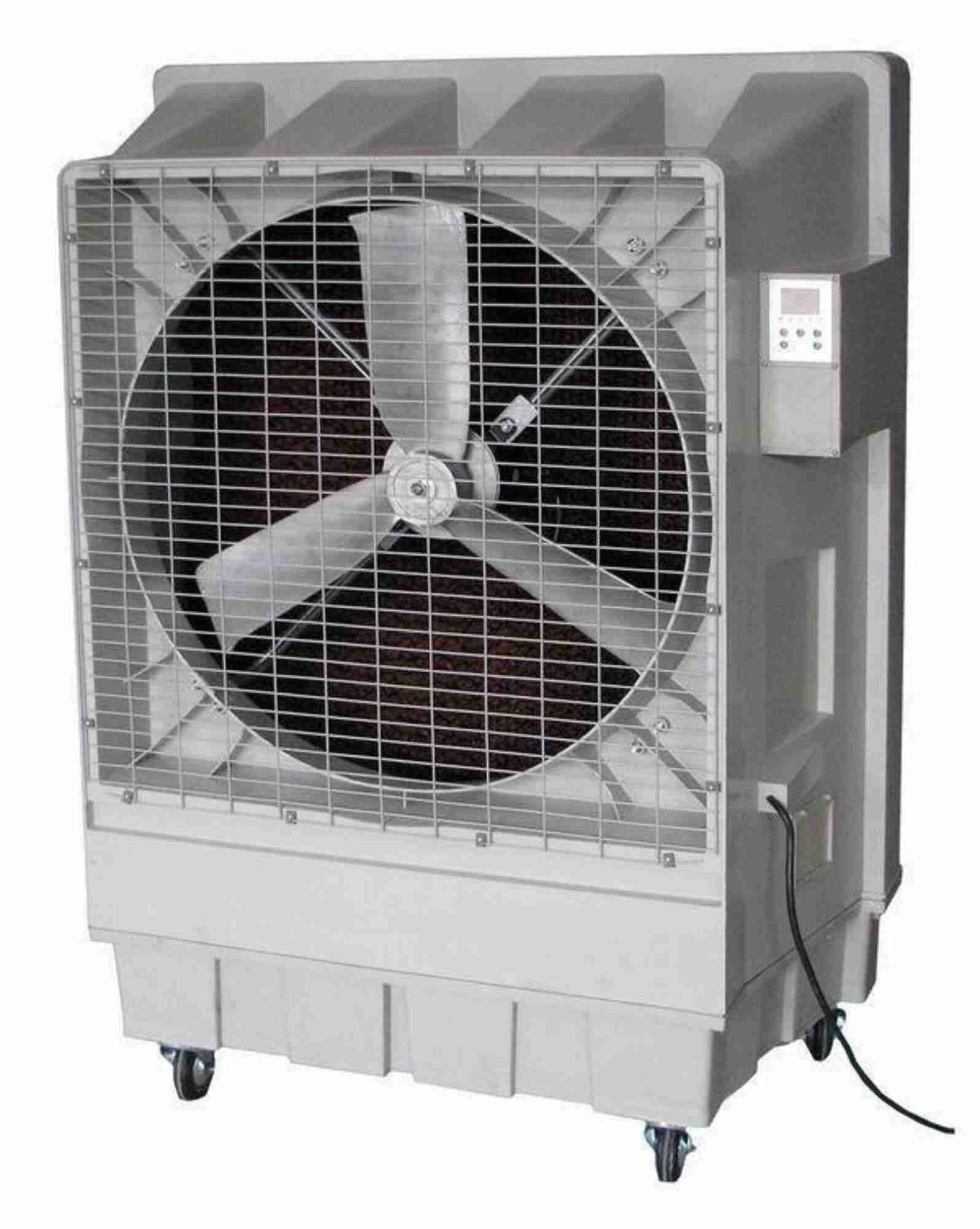Understanding Industrial Coolers: A Comprehensive Guide
Understanding Industrial Coolers: A Comprehensive Guide
Industrial coolers are essential components in various sectors, including manufacturing, agriculture, and data centers. They help maintain optimal temperatures in environments that are critical for the performance and longevity of equipment and products. This article delves into the specifics of industrial coolers, their types, applications, and the unique offerings of Rohhit Enterprises in this domain.
What is an Industrial Cooler?
An industrial cooler is a device used to remove heat from a system or environment, ensuring that machinery, processes, and products are kept at safe operating temperatures. Unlike standard commercial or residential cooling units, industrial coolers are designed to handle larger scale cooling demands with robustness and efficiency.
Types of Industrial Coolers
- Evaporative Coolers: These utilize water evaporation to reduce air temperature, ideal for dry climates.
- Air Coolers: Using fans or blowers, these coolers circulate air across a cold surface to cool down the surrounding area.
- Water/Glycol Coolers: These systems use a mixture of water and glycol that is circulated to manage the temperature in industrial processes.
Key Applications of Industrial Coolers
- Manufacturing Facilities: To prevent machinery from overheating and to maintain product integrity during manufacturing.
- Data Centers: To cool down servers and other technological equipment, ensuring performance and preventing system failures.
- Agricultural Sector: Used in greenhouses and livestock production areas to control the climate and enhance productivity.
Advantages of Using Industrial Coolers
- Enhanced Efficiency: Industrial coolers are designed to handle large volumes of heat, which can significantly improve the efficiency of industrial operations.
- Cost-Effectiveness: By maintaining the proper temperature, these coolers help reduce the risk of equipment failure and lower maintenance costs.
- Energy Conservation: Modern industrial coolers are built to be energy efficient, reducing overall energy consumption and environmental impact.
Disadvantages of Industrial Coolers
- Initial Investment: The upfront cost for industrial cooling systems can be significant, though they typically pay off in the long term.
- Maintenance Requirements: Regular maintenance is necessary to keep these systems running efficiently, which can add to operational costs.
- Space Requirements: Some industrial coolers can be quite large, requiring substantial space for installation.
Rohhit Enterprises and Their Industrial Coolers
Rohhit Enterprises stands out in the market for their high-quality industrial coolers. They offer customized solutions tailored to specific industry needs, ensuring that clients receive the most efficient and effective cooling systems. Their products are known for their durability, energy efficiency, and excellent after-sales service.
Frequently Asked Questions (FAQs)
- What is the primary function of an industrial cooler?
The primary function is to remove excess heat from industrial environments, ensuring equipment and processes operate within safe temperature limits.
- Can industrial coolers be used in any industry?
Yes, industrial coolers can be adapted for use in almost any industry that requires temperature regulation for safety and efficiency.
- Are there environmentally friendly options available in industrial coolers?
Yes, many modern industrial coolers are designed to be environmentally friendly, focusing on reduced energy consumption and the use of eco-friendly refrigerants.
- How often do industrial coolers need maintenance?
The maintenance frequency can vary based on the model and usage but generally, it is recommended to check these systems at least once a year.
- What makes Rohhit Enterprises a preferred choice for industrial coolers?
Rohhit Enterprises offers customized cooling solutions, robust after-sales support, and a reputation for reliability and energy efficiency in their products.


